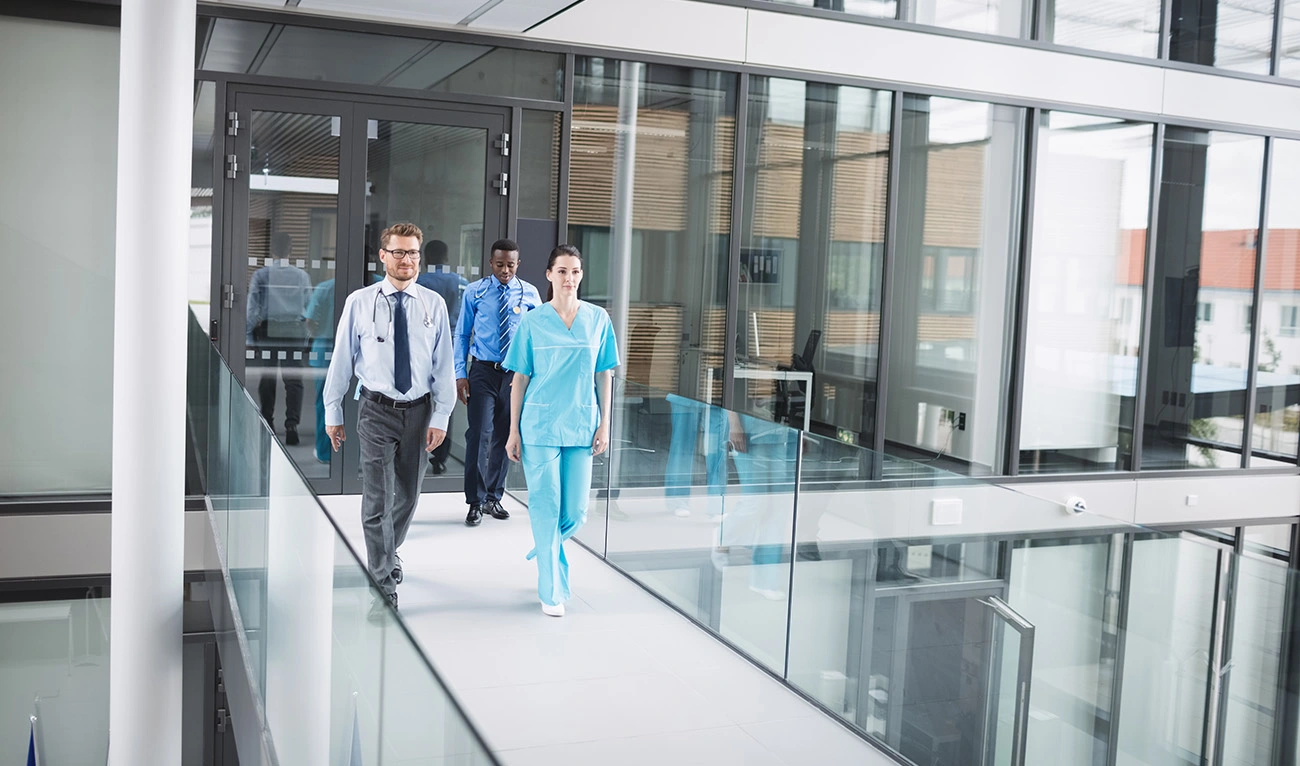The medical tourism industry is continuously evolving, and with the rapid advancement of technology, new marketing strategies are emerging to help healthcare providers reach and engage with potential patients worldwide. One such strategy that has gained popularity in recent years is the use of live streaming and virtual events. These digital marketing tools offer a cost-effective and interactive way for medical tourism providers to showcase their services, connect with their target audience, and ultimately drive growth in their business.
In this article, we will explore the various ways that live streaming and virtual events can enhance your medical tourism social media marketing efforts, including tips for creating engaging content, strategies for promoting your events, and best practices for maximizing the impact of your live streams and virtual experiences.
1. Utilizing Live Streaming to Showcase Expertise and Services
Live streaming on social media platforms such as Facebook, Instagram, and YouTube allows medical tourism providers to share real-time video content with their audience, fostering a sense of immediacy and authenticity. Providers can use live streaming to showcase their expertise, provide insight into their services, and address common patient questions and concerns. Some ideas for live-streaming content include:
- Hosting Q&A sessions with medical experts
- Offering live demonstrations of procedures and treatments
- Providing virtual facility tours
- Conducting interviews with satisfied patients
- Hosting educational webinars on various health topics
2. Hosting Virtual Events to Engage with Potential Patients
Virtual events, such as online conferences, webinars, and workshops, provide medical tourism providers with the opportunity to engage with potential patients and showcase their services on a larger scale. By hosting virtual events, providers can:
- Offer informative sessions on various medical procedures and treatments
- Provide opportunities for potential patients to consult with medical professionals
- Create a platform for networking and collaboration within the medical tourism community
- Showcase the latest technology and advancements in healthcare
- Offer immersive virtual reality experiences, such as 360-degree facility tours or augmented reality simulations of medical procedures
3. Strategies for Promoting Live Streaming and Virtual Events
To ensure the success of your live streaming and virtual events, it's essential to promote them effectively on your social media channels. Some strategies for promoting your events include:
- Creating visually appealing event banners and graphics
- Utilizing social media advertising to target your desired audience
- Partnering with influencers and industry experts to expand your reach
- Sharing teaser content and behind-the-scenes footage to generate excitement
- Engaging with your audience before, during, and after the event to maintain interest and encourage participation
4. Best Practices for Maximizing the Impact of Live Streaming and Virtual Events
To ensure your live streaming and virtual events are engaging and effective, consider implementing the following best practices:
- Plan your content in advance and create a detailed schedule or agenda
- Test your technology and equipment prior to the event to avoid technical difficulties
- Ensure your video and audio quality are high, and consider using professional equipment or hiring a production team
- Engage with your audience during the event by responding to comments, answering questions, and encouraging participation
- Incorporate interactive elements, such as polls, quizzes, and chat features to keep your audience engaged
- Use clear and concise language and visuals to effectively communicate your message
- Record your live streams and virtual events for later viewing or repurposing as future content
- Monitor event performance and gather feedback from participants to continually improve your future events
5. Leveraging Social Media Analytics to Measure Success
To measure the success of your live streaming and virtual events, it's essential to track and analyze key performance indicators (KPIs) using social media analytics tools. Some important KPIs to consider include:
- Viewership numbers, including unique and total views
- Engagement metrics, such as likes, comments, shares, and reactions
- Audience retention and watch time
- Conversion rates, including the number of event sign-ups, consultations scheduled, or inquiries received
- Feedback and testimonials from participants
By closely monitoring these KPIs, medical tourism providers can gain valuable insights into the effectiveness of their live streaming and virtual events and make data-driven decisions to optimize their social media marketing strategy.
Embracing the Future of Medical Tourism Marketing with Live Streaming and Virtual Events
In the competitive landscape of medical tourism, it's essential for healthcare providers to stay ahead of the curve and continuously adapt their marketing strategies to meet the needs and expectations of their target audience. By embracing live streaming and virtual events, medical tourism providers can effectively showcase their expertise, engage with potential patients, and ultimately drive growth in their international patient programs and medical tourism business.
Global Healthcare Resources, a leading consulting firm in medical tourism, can assist healthcare organizations in developing and implementing successful live streaming and virtual event strategies to grow their international patient programs and medical tourism business. To learn more about how Global Healthcare Resources can help your organization, visit https://www.globalhealthcareresources.com/medical-tourism-consulting.








